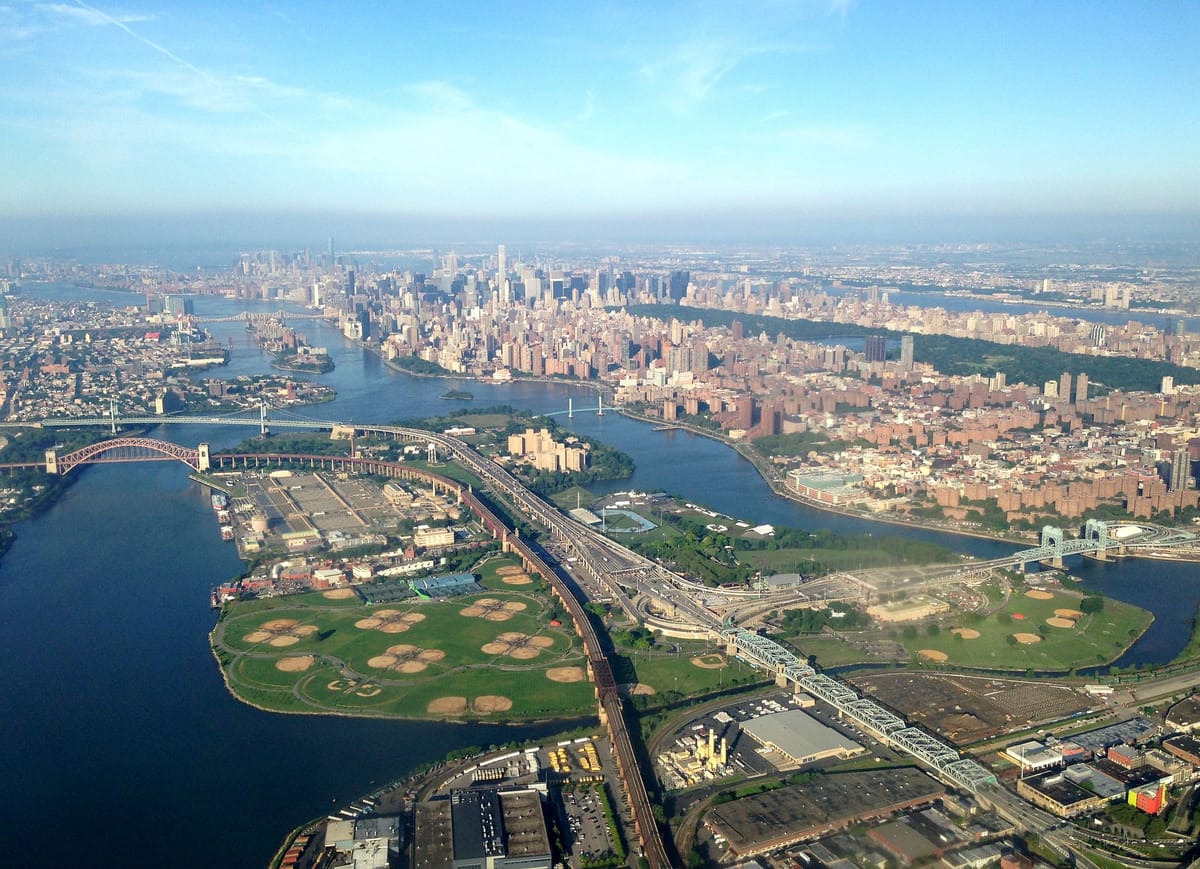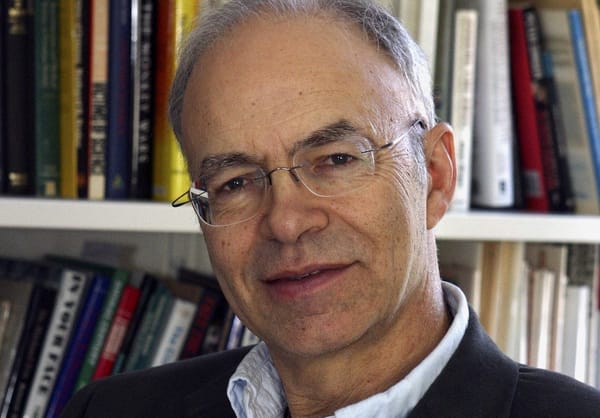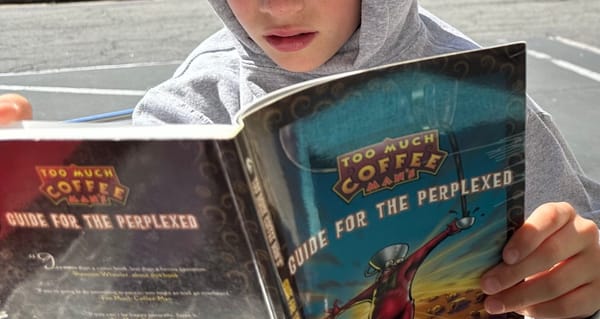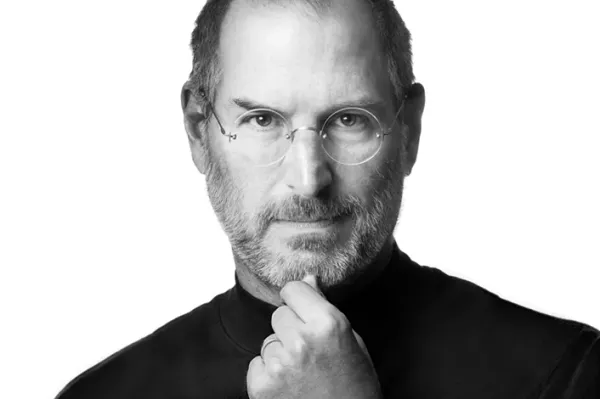The Power Broker: Two Brothers

I've read Robert Caro's The Power Broker twice now, and each time I've been struck by how odd is the chapter, "Two Brothers," on Robert Moses and his brother, Paul. Robert was immensely powerful in New York, and Paul struggled financially, despite demonstrated competence. The chapter more than suggests that Robert not only failed to help his brother when he easily could have, but also hindered, even sabotaged, his career.
The chapter isn't a distraction, but it doesn't fit the overall narrative of the book, since the book is about the rise and fall of Robert Moses, and Paul plays no role in that narrative. But on the second read, I came up with this idea of what's odd. The chapter is almost the only time in the book that it's clear that Robert Moses is a bad person, at least a bad person in this relationship. In the rest of the book, you could argue that he's acting for (what he sees as) the greater good, or that his grand projects have consequences good and bad. But here, because the actions are human-sized, it's clear that what he's doing is wrong. So this is just about the only chapter that allows for a clear assessment of Moses as a person.
Here's what I mean by saying that in the rest of the book he's hard to assess. He did such grand projects, literally reshaping New York, that his actions all had tremendous consequences on thousands, ultimately millions, of people. He destroyed neighborhoods to build highways, for example, but those highways did serve some greater purpose.
If you assume that his goal was to bring about some greater good, not to destroy the neighborhoods, then the worst you could accuse him of is indifference to the suffering he was causing, or maybe unjustified preferential concern with those he liked or identified with, or even with his own power, over the powerless he was displacing.
But public policy decisions are incredibly hard to assess morally. Is it immoral to build a highway along a shore in Manhattan, cutting off access to pedestrians while allowing a nice view for cars? The kind of balancing this decision requires is what we use the tools of public policy to discuss: benefits and costs, tradeoffs, money, communities, distribution of burdens, etc. One level up, we've decided that we use these tools of public policy because of our political commitments to something like a liberal democracy: benefits for the most, compatible with not oppressing the least. And, of course, working out our political commitments itself requires some even higher-level proto-political agreement about how we're going to interact as a community, or even what a community is.
Somewhere in this policy–political–proto-political discussion, we do reach for ethical principles, like respect for other rational agents and concern for happiness. But, unless you think that public policy and morality are the same (which is roughly the utilitarian view, but that's a topic for another day), it's very hard to know what morality itself demands in public policy decisions. That's part of what makes it frustrating to be an outside observer to those debates, because people whose neighborhood is going to be destroyed are rightly infuriated and clearly see that it would be immoral to destroy their neighborhood for no reason, and the people building the highway for the greater good clearly see all the good that they'll bring about and that it would be immoral to stop it for no reason. And the conflict is because there is a reason against each of these, and there's no obvious moral metric for balancing them. (Which is why utilitarianism is so appealing, because it gives a metric, however unuseful in practice--again, a topic for another day.)
Whether public policy can be assessed morally is something I'll write about more later, but the contrast is clear: it's wrong, immoral, for someone to keep his brother from getting a job that he's very qualified for, in the absence of something genuinely disqualifying. What Robert Moses does to his brother, at least as presented in the chapter, is morally indefensible. The kind of person who does this is bad, at least in this sphere. It's a clear assessment, not something hard to assess like public policy with questions about the greater good. It's what makes the chapter odd: it's just about the only time in the book where there's a clear moral assessment, and it's nothing to do with an assessment of the projects that made Caro write a book about this man.


